At the 9th Session, the 15th National Assembly voted to pass the Law on Teachers. The Law takes effect from January 1, 2026.
One of the outstanding policies of the Law on Teachers is the regulation that teachers' salaries are ranked highest in the administrative career salary scale system; preferential allowances and other allowances depending on the nature of the job and the region according to the provisions of law.
On this occasion, UNESCO Representative in Vietnam Jonathan Wallace Baker gave an interview to a reporter from Vietnam News Agency.
- What do you think about the Vietnamese National Assembly passing the Law on Teachers, in which the highlight is the salary policy for teachers being ranked highest in the administrative career salary scale system?
Mr. Jonathan Wallace Baker: UNESCO welcomes the Vietnamese National Assembly's passing of the Law on Teachers, especially the groundbreaking policy of placing teachers' salaries at the highest level in the administrative career salary scale system.
The teaching profession has long been respected by Vietnamese society, as the saying “Without a teacher, you cannot succeed” still resonates today. The high consensus of the National Assembly not only demonstrates the tradition of respecting teachers, but also reflects Vietnam’s strong commitment and long-term vision in investing in those who play a central role in the transformationof education .
UNESCO is proud to accompany the Ministry of Education and Training throughout the process of developing the Law on Teachers, aiming to promote a comprehensive approach, placing teachers at the heart of national education policy.

Mr. Jonathan Wallace Baker, UNESCO Chief Representative in Vietnam. (Photo: Quoc Khanh/VNA)
In an ever-changing world, ensuring the working conditions, recognition and support teachers need is key to meeting the increasingly diverse learning needs of learners and communities. The Teachers Law is an important milestone, setting a positive precedent for the region and the world.
- In your opinion, what impact and influence does the new Law on Teachers have on Vietnam's efforts to ensure access to quality education for all groups in society?
Mr. Jonathan Wallace Baker: In the context of global education being affected by rapid changes in technology, environment and society, the role of teachers is also changing profoundly. They are not only the ones who impart knowledge, but also the ones who guide critical thinking, nurture creativity and lifelong learning. Vietnamese teachers are no exception to that trend.
The passage of the Teachers Law will help attract and retain qualified teachers, especially in disadvantaged areas where the need for quality education is most urgent. Equally important, the law creates an environment where teachers are encouraged to continuously learn, reinvent themselves and become lifelong learners and agents of positive change in society.
By empowering teachers in this way, Vietnam is not only narrowing the education access gap and improving the quality of learning, but also contributing to a more inclusive, resilient and happier society. Investing in teachers is laying the foundation for a better, safer and more sustainable future for all.
- Could you please share specifically the cooperation plan and program between UNESCO and Vietnam to effectively and practically implement the Law on Teachers, which will take effect from the beginning of next year, towards a sustainable, integrated and high-quality Vietnamese education system?
Mr. Jonathan Wallace Baker: We are truly impressed with the long and profound journey that Vietnam has gone through to have the Law on Teachers today.
Since 2008, Vietnam has proactively approached, researched and internalized two important international documents: the 1966 ILO/UNESCO Recommendation on the Status of Teachers and the 1997 UNESCO Recommendation on the Status of University Teaching Staff. These are fundamental principles to ensure the rights, obligations and professional conditions for educators at all levels.
Over the years, UNESCO has worked closely with the Ministry of Education and Training and specialized units to provide technical support, provide policy recommendations, promote dialogue and bring a global perspective to the process of developing and finalizing the Law.
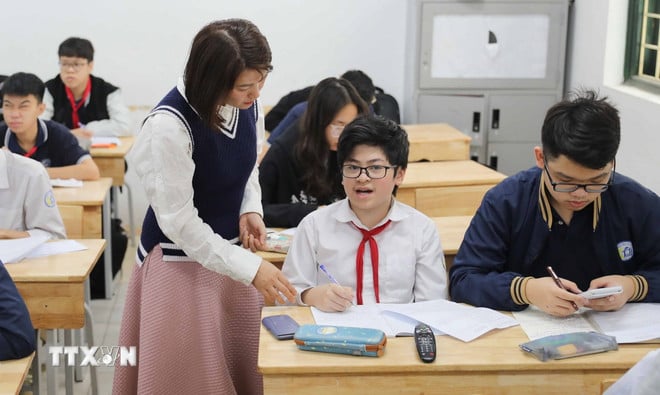
Teachers guide candidates to review and prepare for the exam. (Source: VNA)
Going forward, we are committed to continuing to work with Vietnam to ensure the Law is implemented effectively and inclusively. UNESCO’s focus is to support the strengthening of leadership at both the system and school levels in implementing the Law; and to promote evidence-based policy development through improved data, in-depth research and strategic forecasting on the teaching profession.
We also prioritize promoting gender equality, inclusion and ensuring the well-being of teachers and students – especially in disadvantaged areas – and supporting teachers to adapt to the opportunities and challenges brought about by digital transformation and social upheaval.
All these efforts are closely linked to the shared vision between Viet Nam and UNESCO of building Happy Schools – where learning is meaningful, equitable and joyful for both teachers and learners. Promoting happiness and improving the professional capacity of teachers is key for Viet Nam to achieve its national development goals, through a high-quality, sustainable and inclusive education system – and ultimately towards a happier and more resilient society.
- The Vietnamese National Assembly is discussing the issuance of a Resolution on tuition exemption and support for preschool children, primary school students, and students of general education programs at educational institutions in the national education system. What is your opinion on this policy of the Vietnamese Government?
Mr. Jonathan Wallace Baker: This is an inclusive policy of the Vietnamese Government to exempt tuition fees for learners at all levels of general education, including preschool children. This is also a big step forward to ensure equitable access to education, especially for disadvantaged groups, contributing to eliminating financial barriers and creating conditions for all children to access quality education.
This policy is further reinforced by the commitment to implement full-day learning in public elementary and middle schools, starting in the 2025-2026 school year. This is a strategic and timely move that will help reduce academic pressure, reduce the burden on parents, and promote a comprehensive, student-centered learning environment.
In this context, UNESCO will continue to accompany Viet Nam to ensure the application and implementation of policies to improve the quality of education and promote the development of non-public education models. At the same time, we will also promote capacity building and recognize the role of support staff - who play an important role in accessing comprehensive education, especially in the context of digital transformation and the implementation of the Happy School model.
With a large and dynamic population, investing in equitable and inclusive education will be a key driver for Viet Nam to accelerate its socio-economic development and progress towards the Sustainable Development Goals. UNESCO looks forward to continuing to work closely with the Government of Viet Nam and its partners to expand lifelong learning opportunities for all.
Thank you very much!
Source: https://phunuvietnam.vn/truong-dai-dien-unesco-xep-luong-nha-giao-cao-nhat-la-buoc-dot-pha-cua-viet-nam-20250625170754316.htm



![[Photo] General Secretary To Lam works with the Standing Committee of Quang Binh and Quang Tri Provincial Party Committees](https://vphoto.vietnam.vn/thumb/1200x675/vietnam/resource/IMAGE/2025/6/25/6acdc70e139d44beaef4133fefbe2c7f)


![[Photo] First training session in preparation for the parade to celebrate the 80th anniversary of National Day, September 2nd](https://vphoto.vietnam.vn/thumb/1200x675/vietnam/resource/IMAGE/2025/6/25/ebf0364280904c019e24ade59fb08b18)
![[Photo] More than 124,000 candidates in Hanoi complete procedures for the 2025 High School Graduation Exam](https://vphoto.vietnam.vn/thumb/1200x675/vietnam/resource/IMAGE/2025/6/25/fa62985b10464d6a943b58699098ae3f)


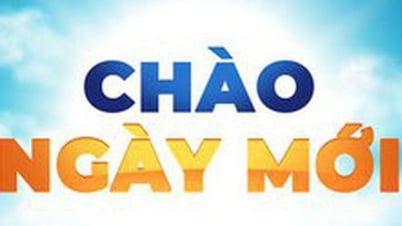




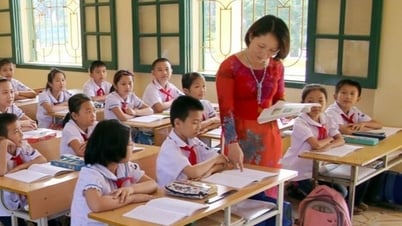





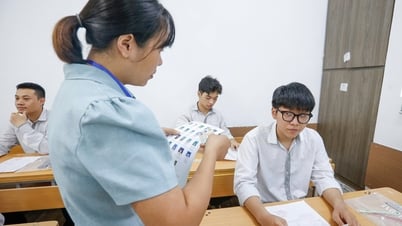
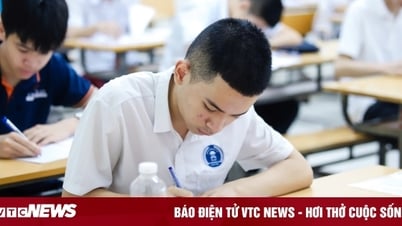
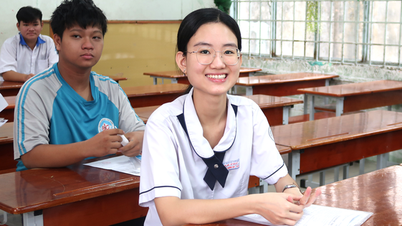

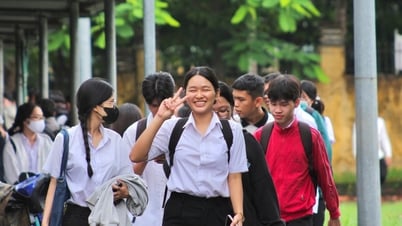






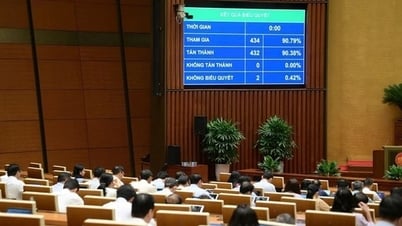
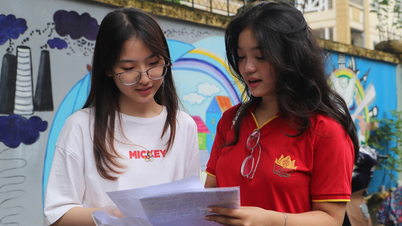
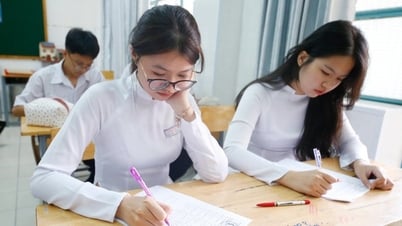

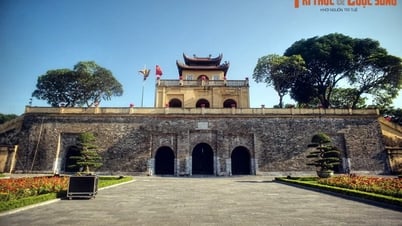

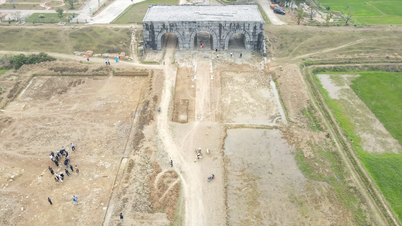





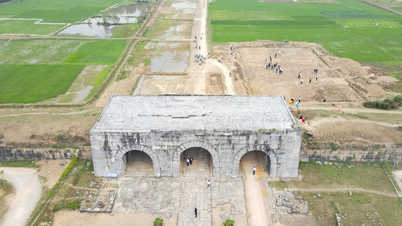





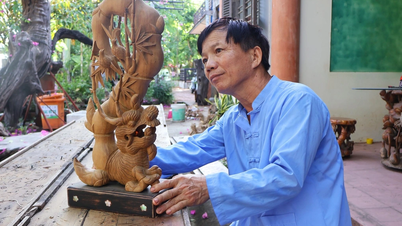



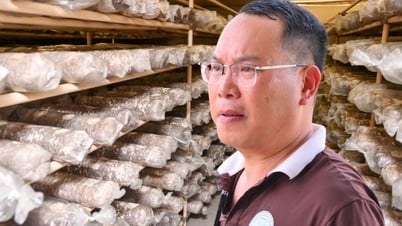












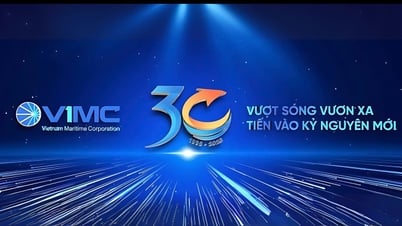

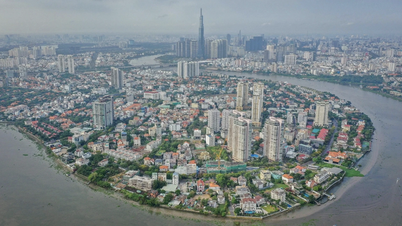





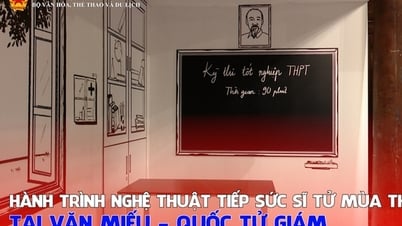

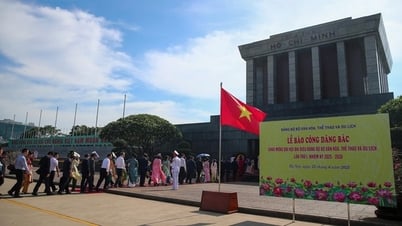
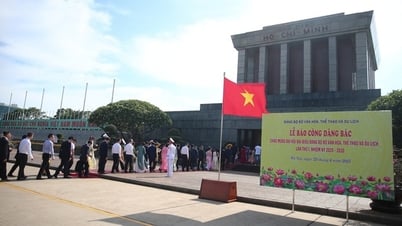


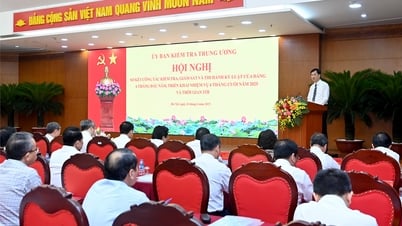

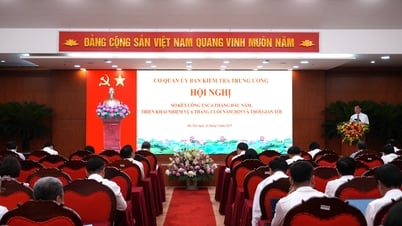


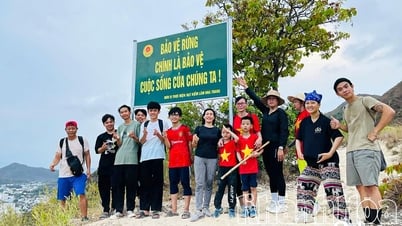
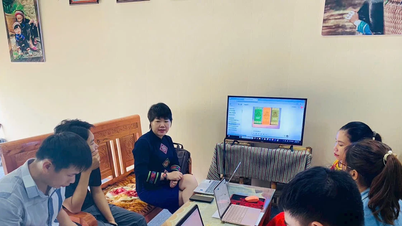









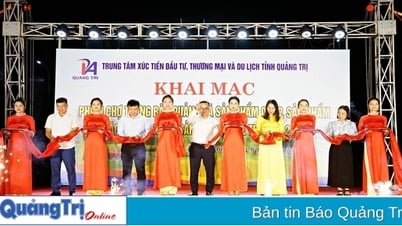







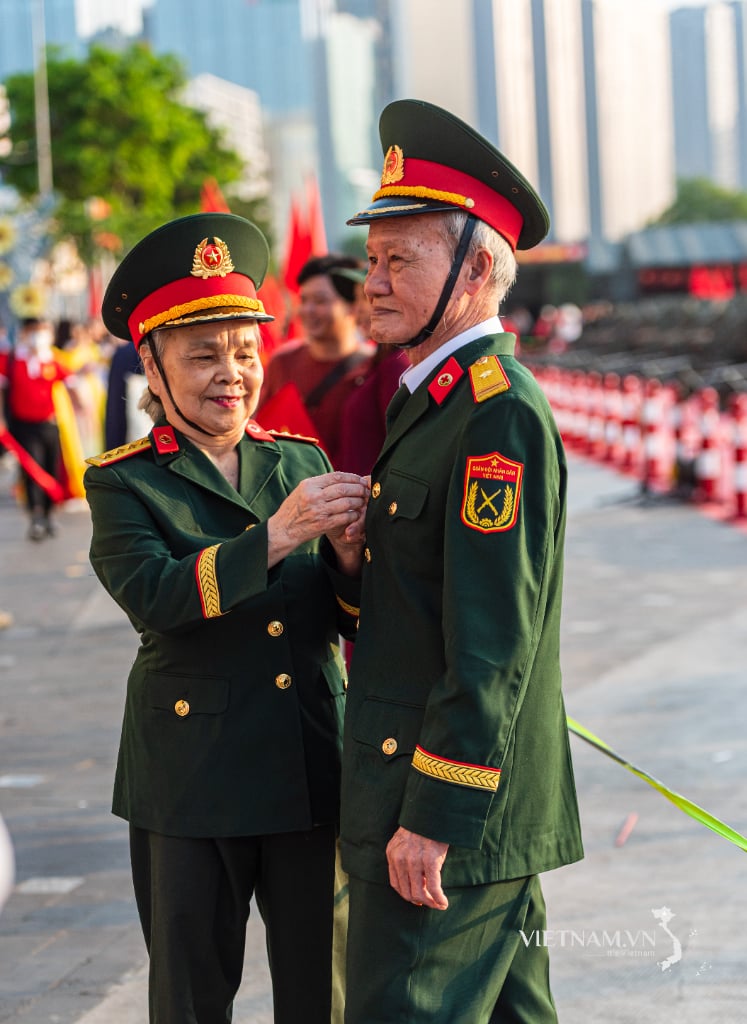
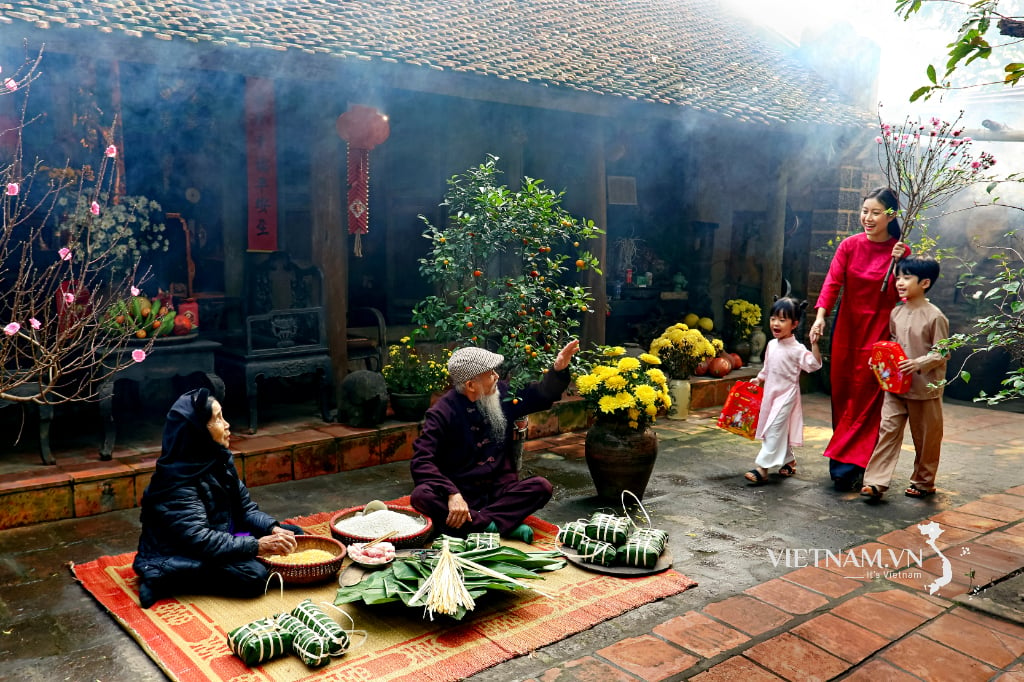


Comment (0)